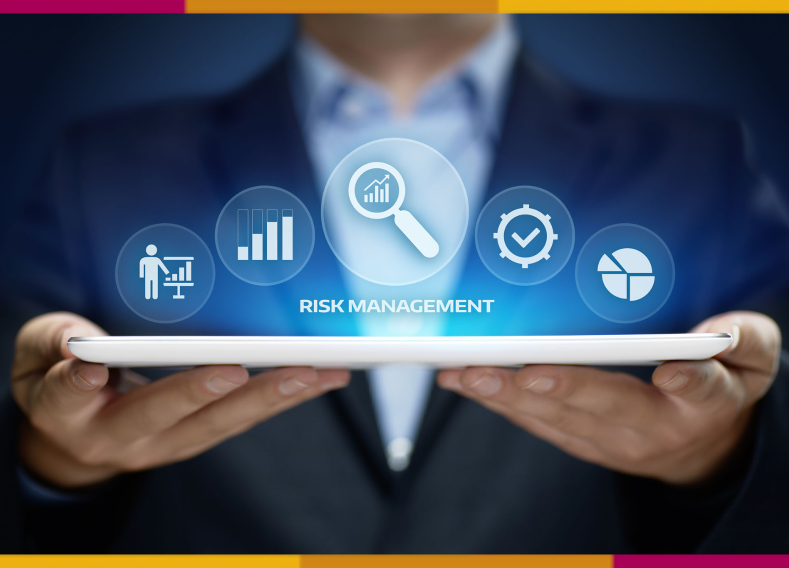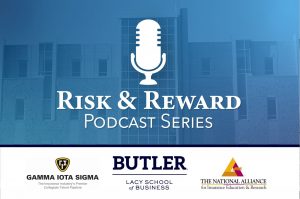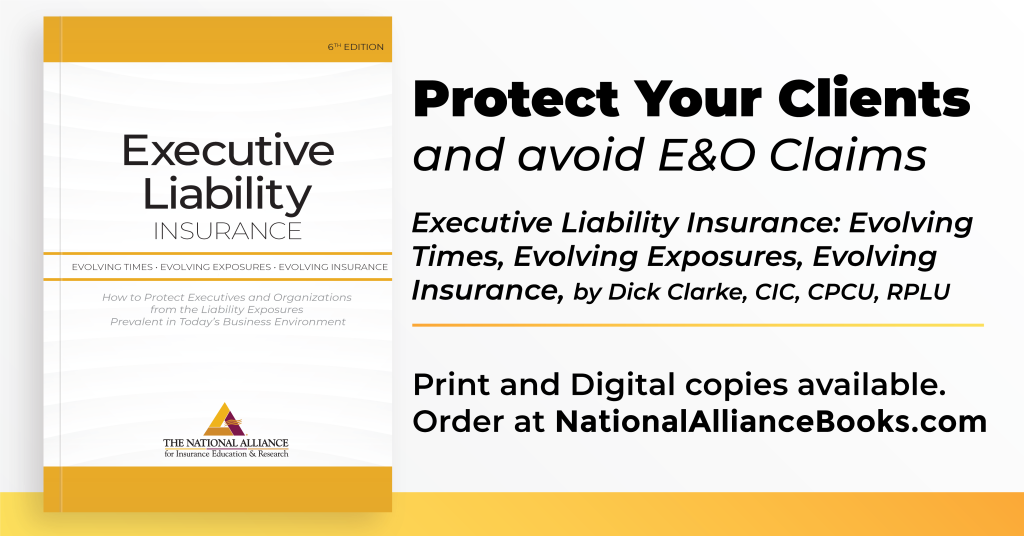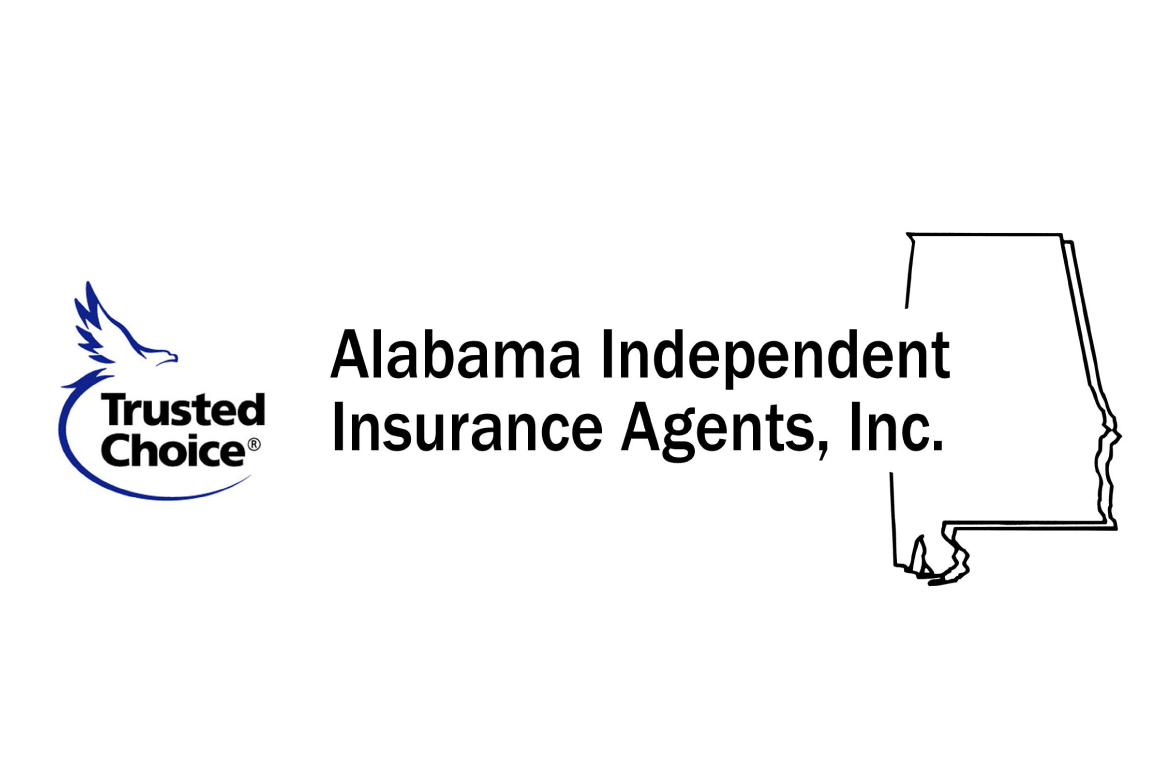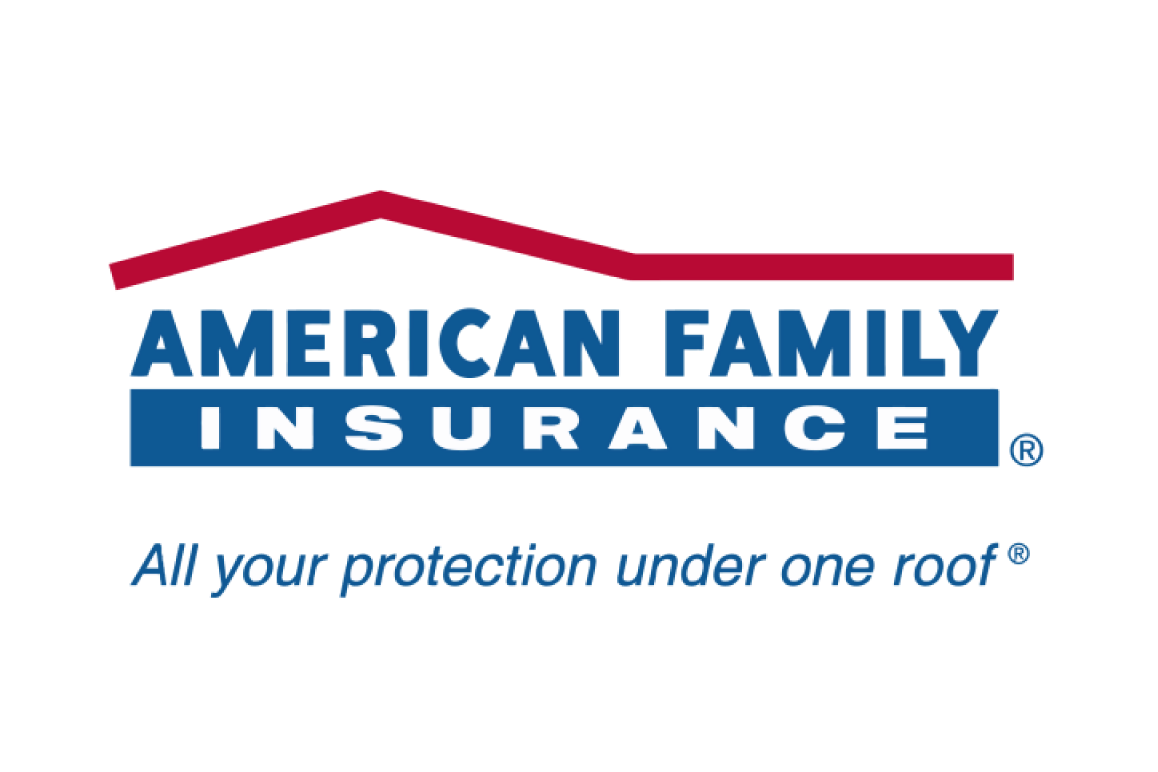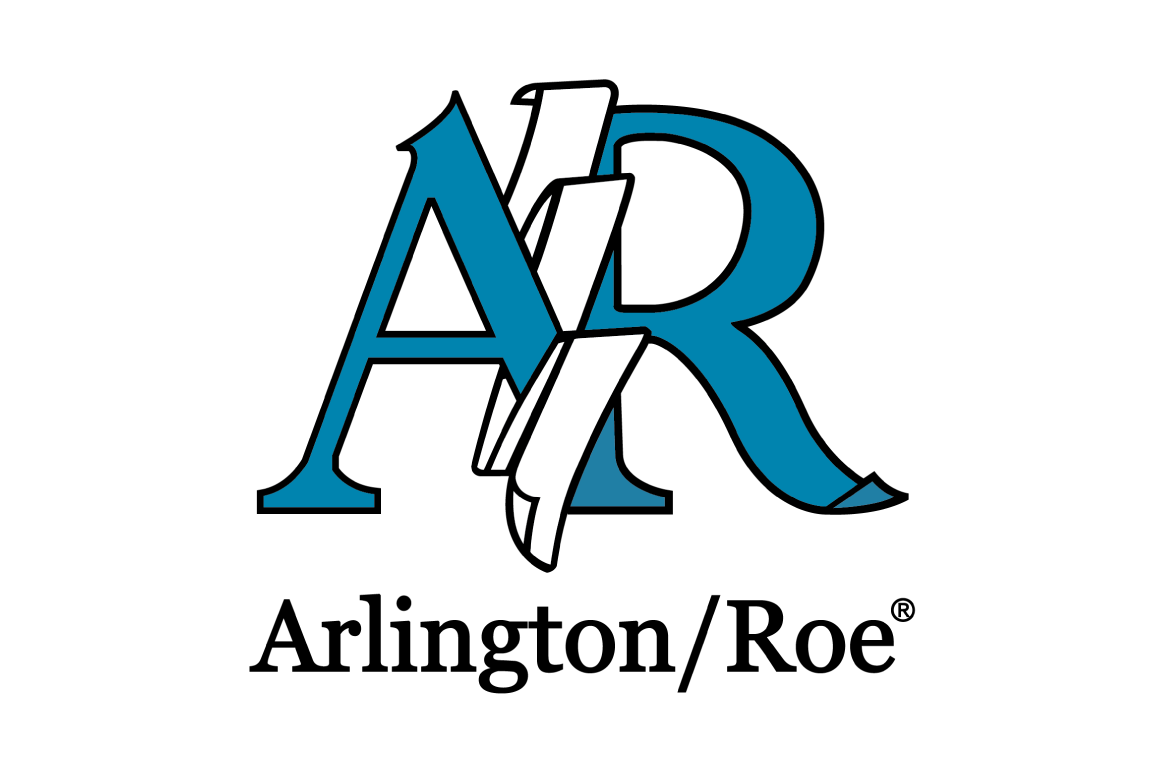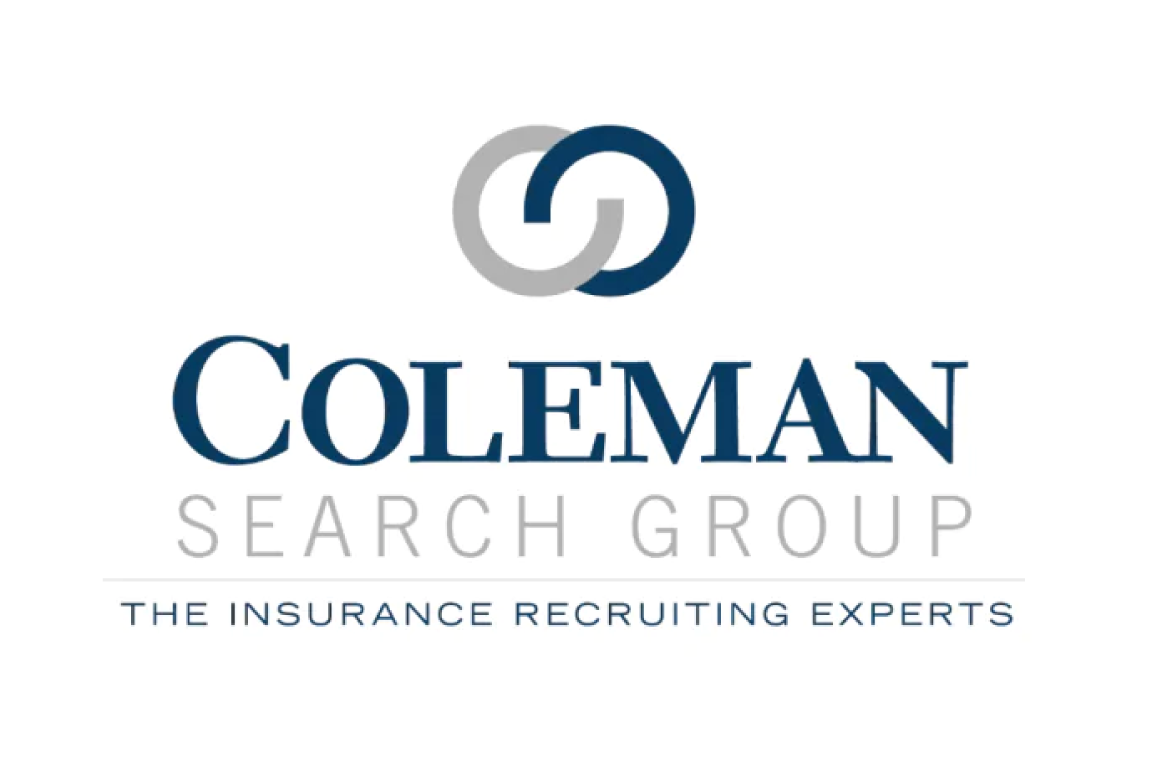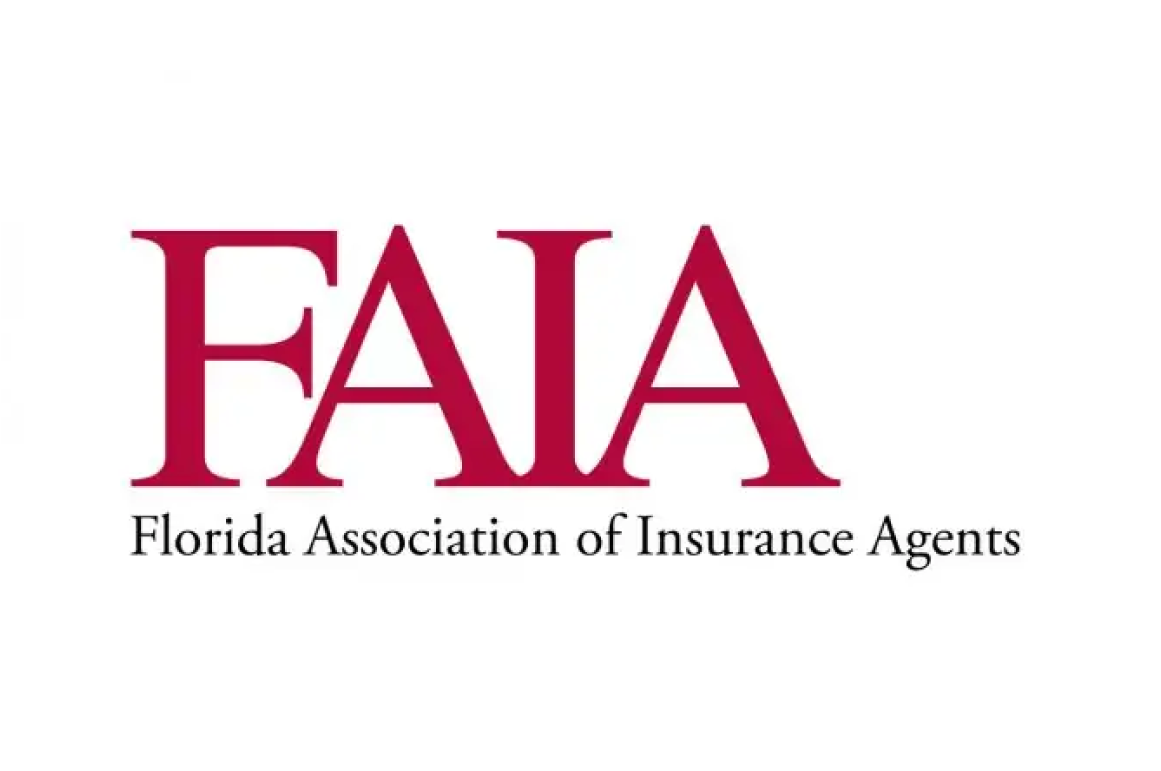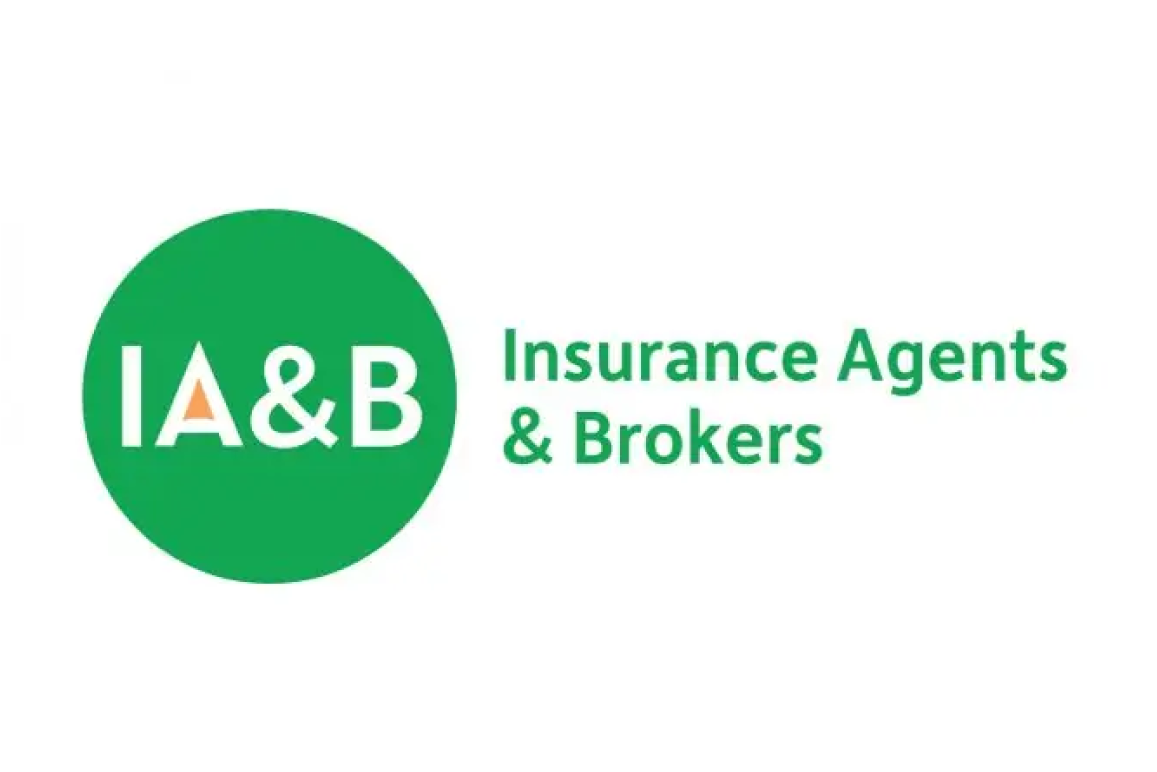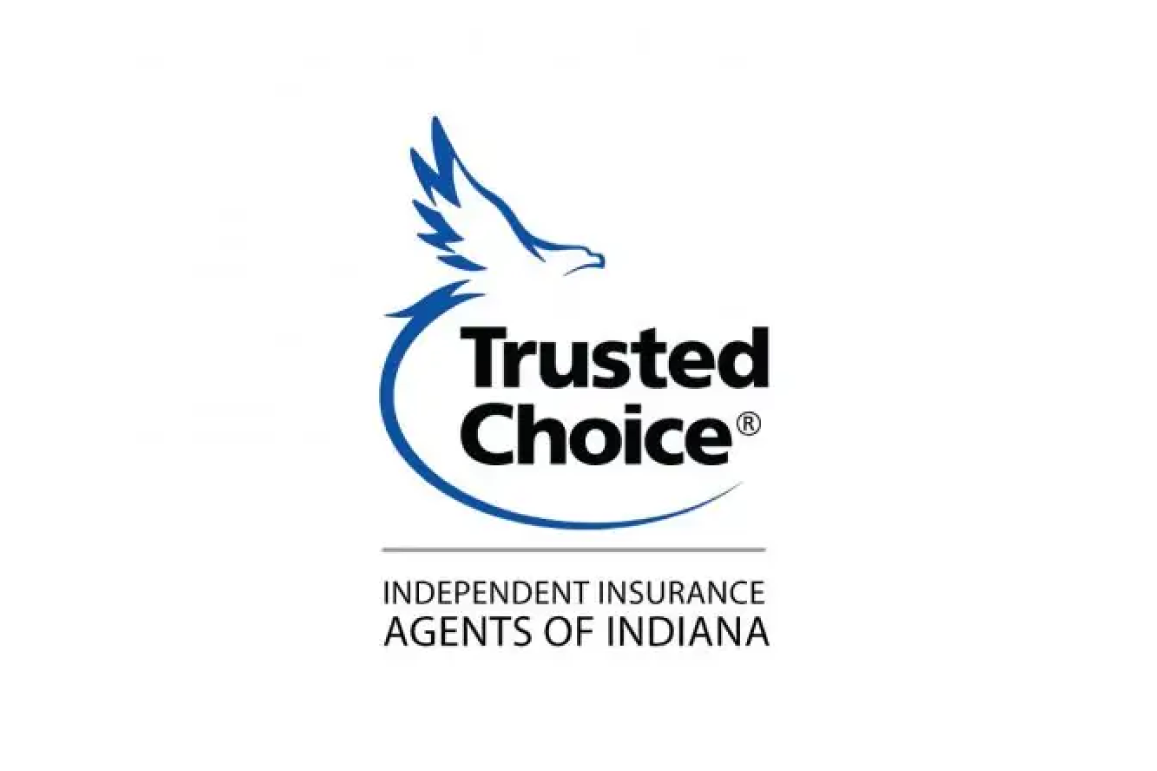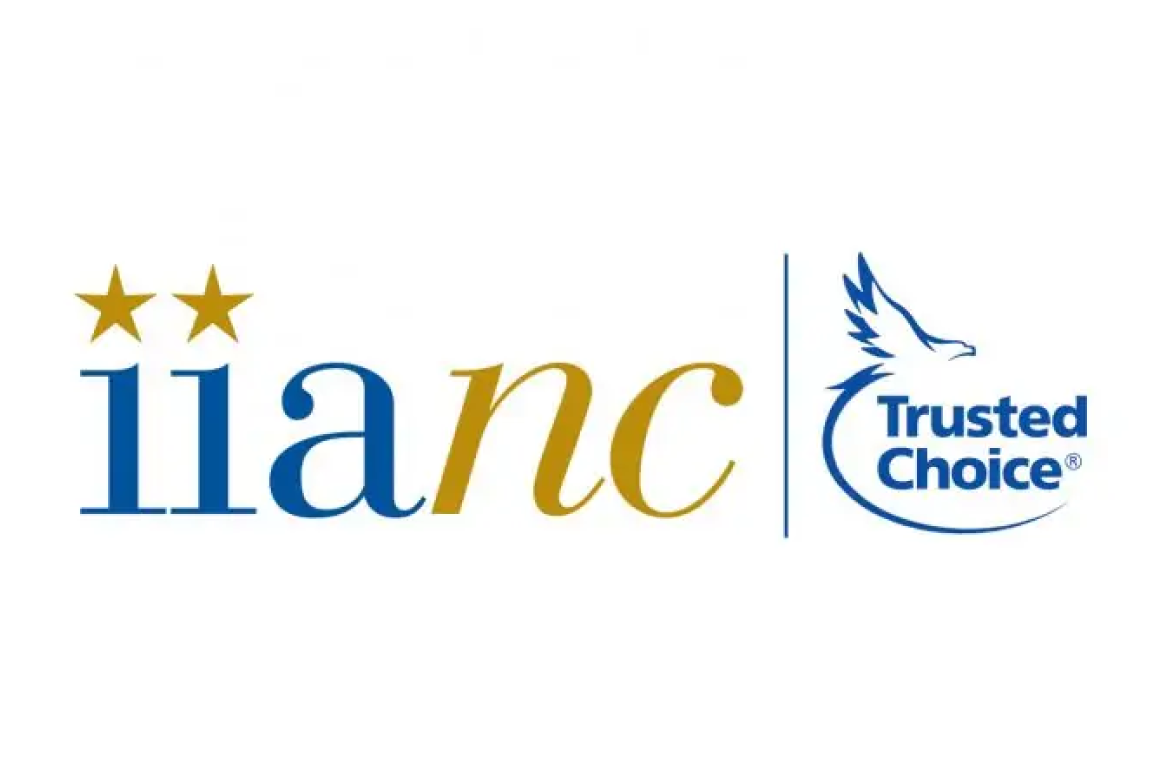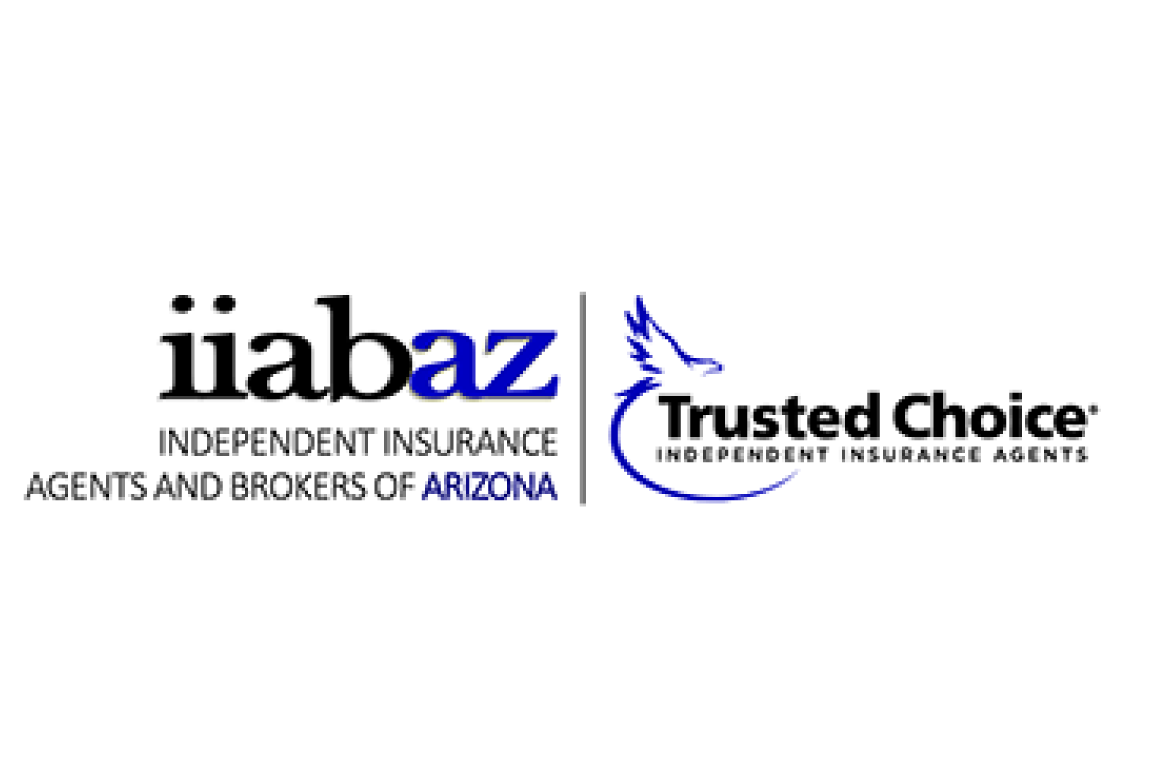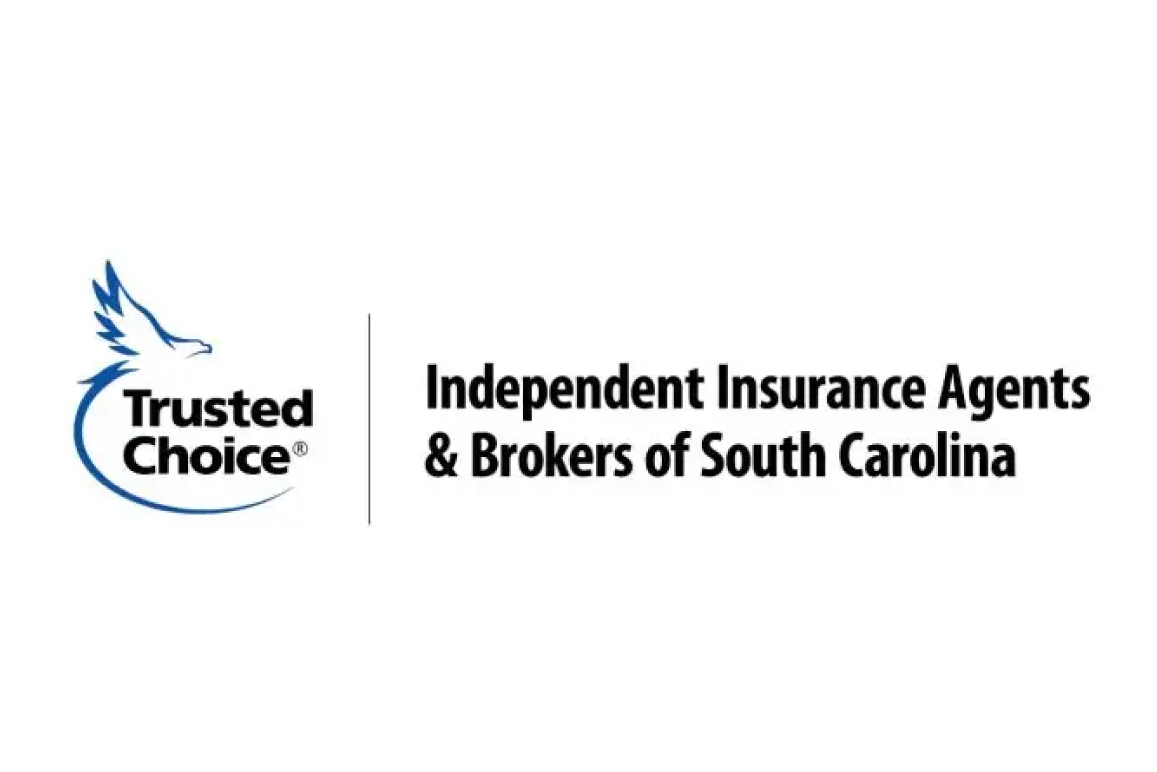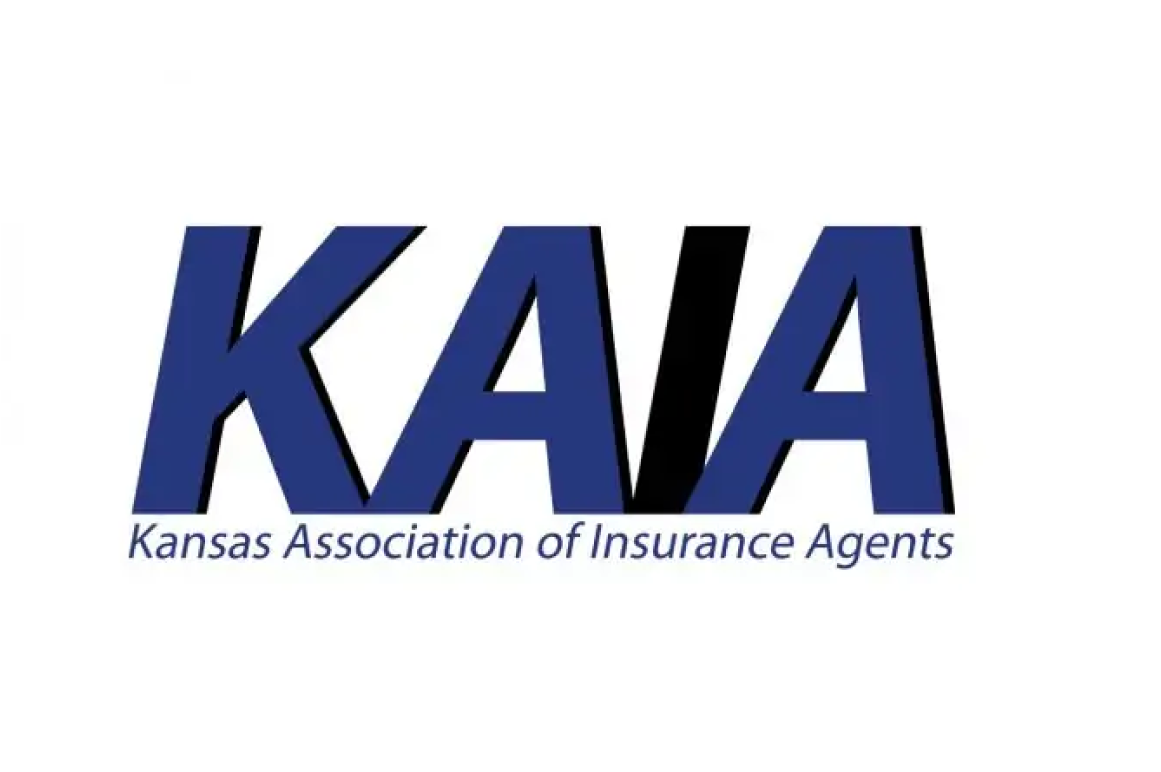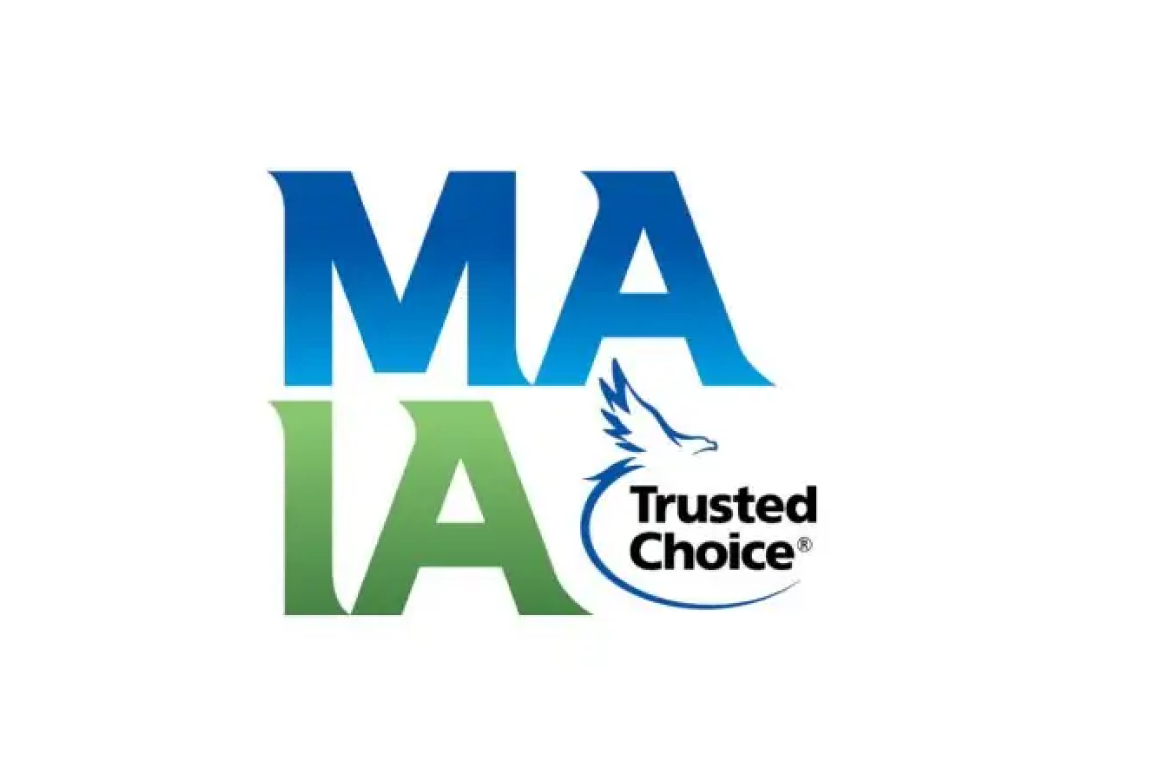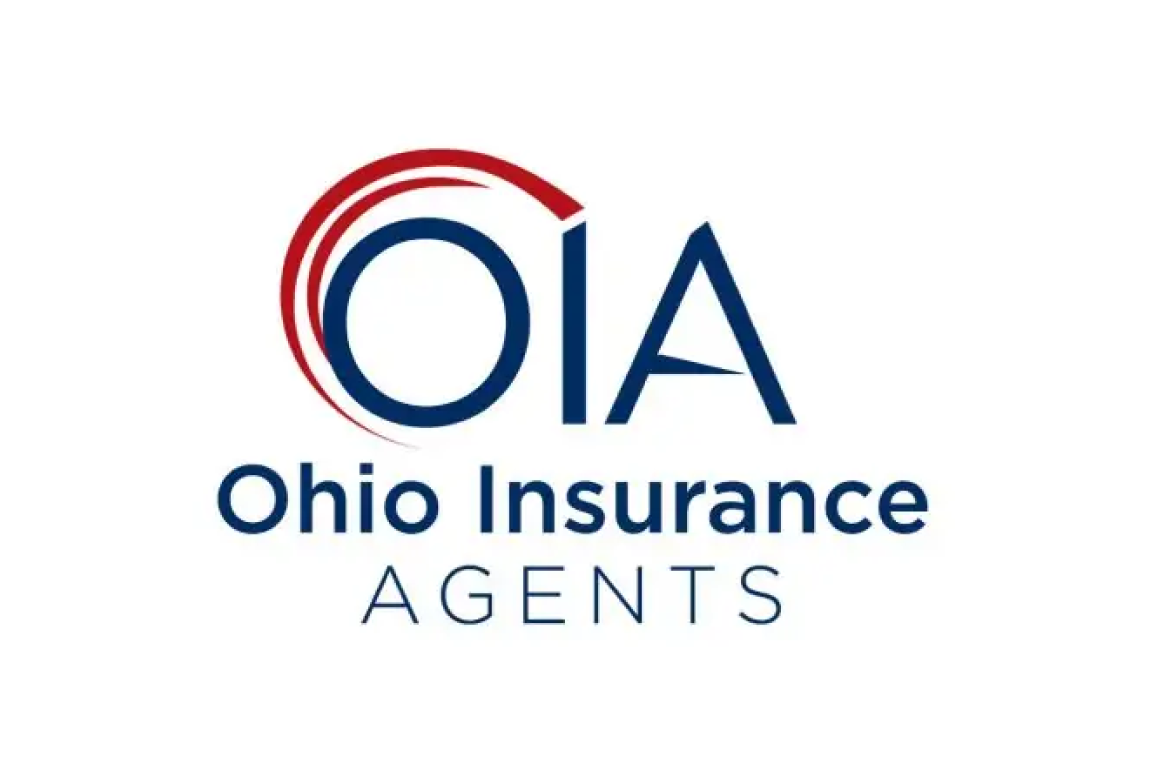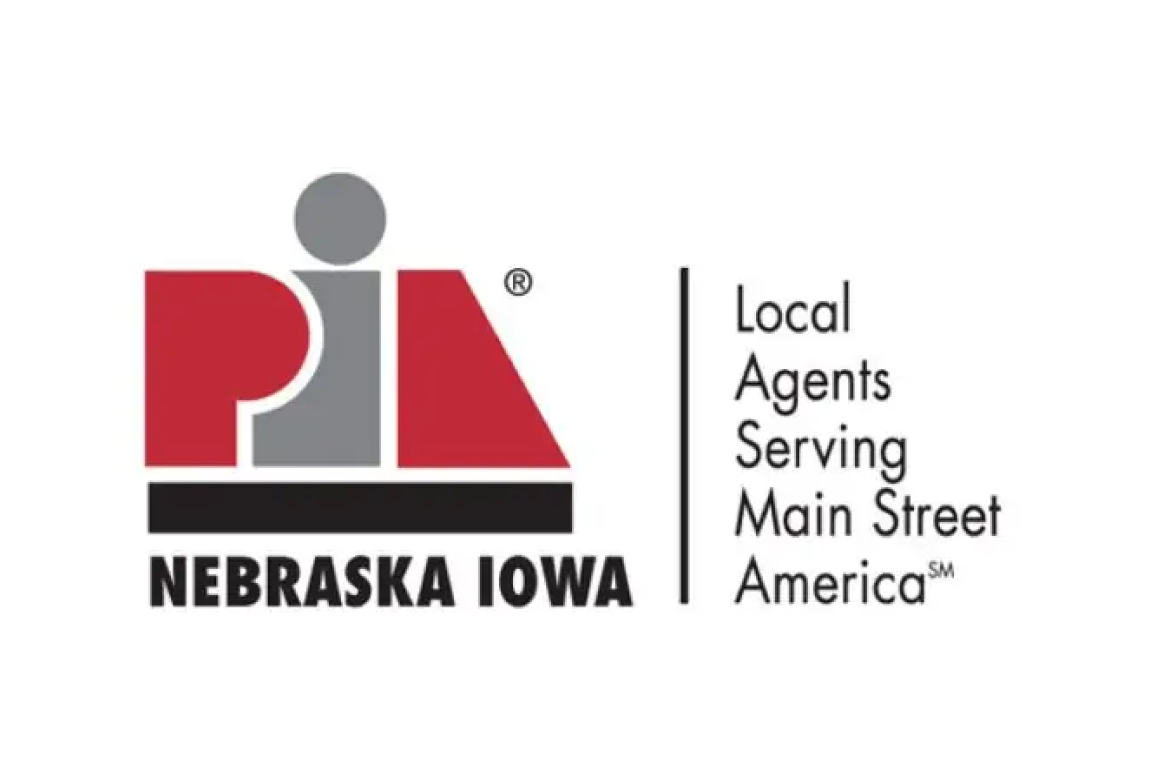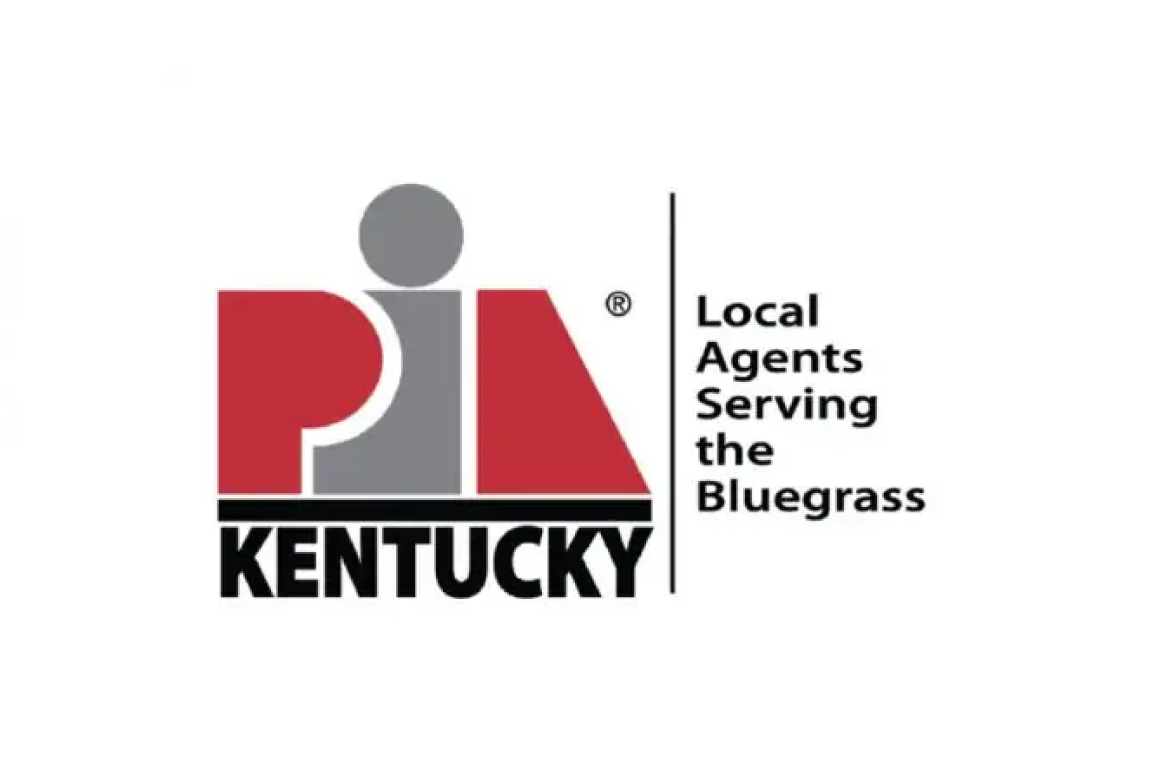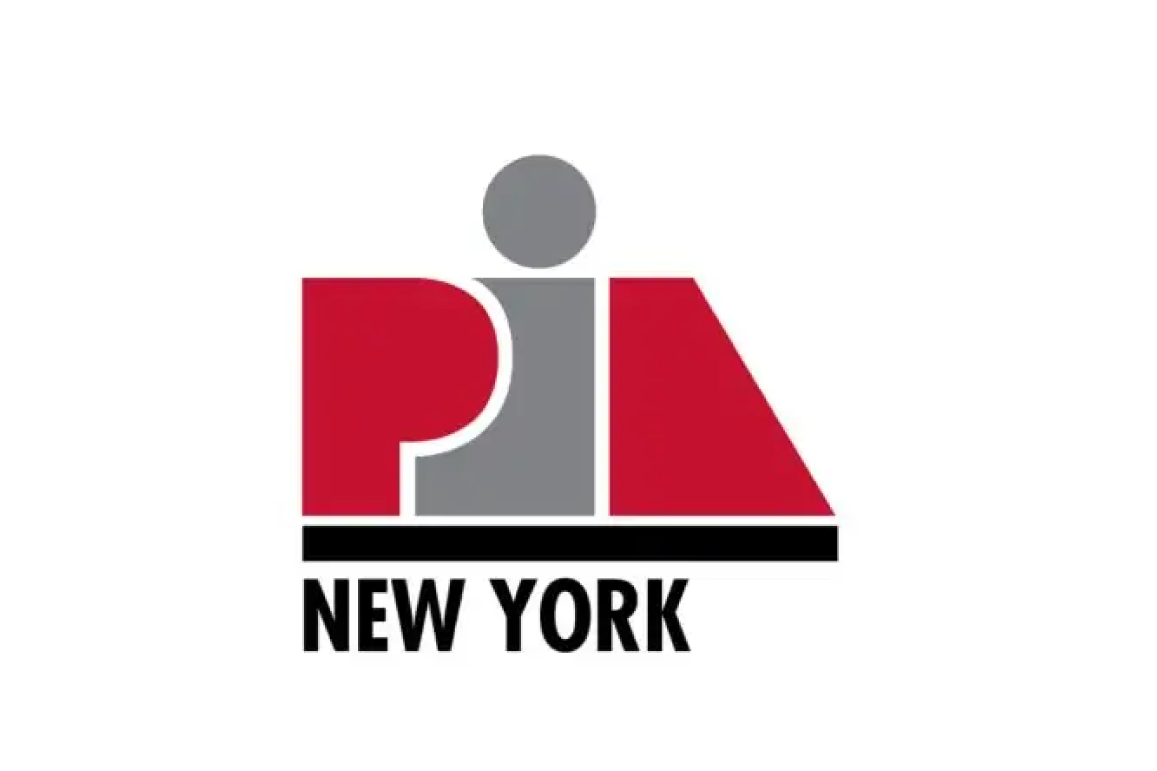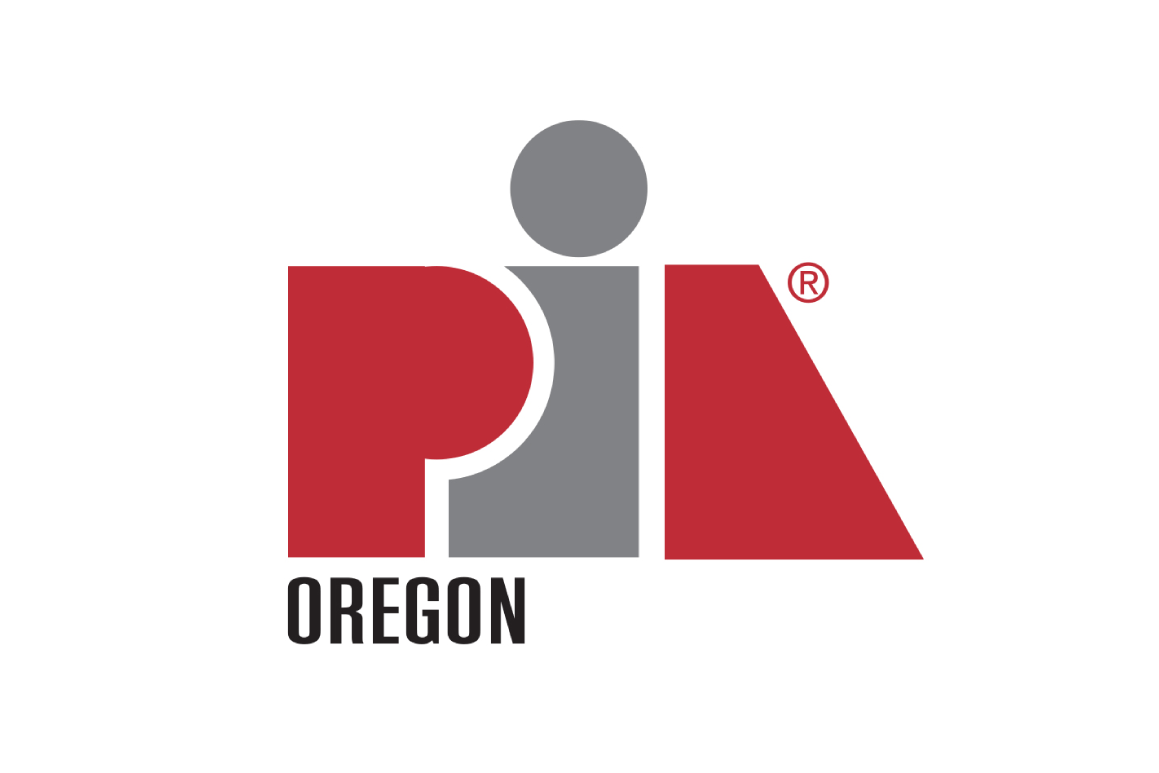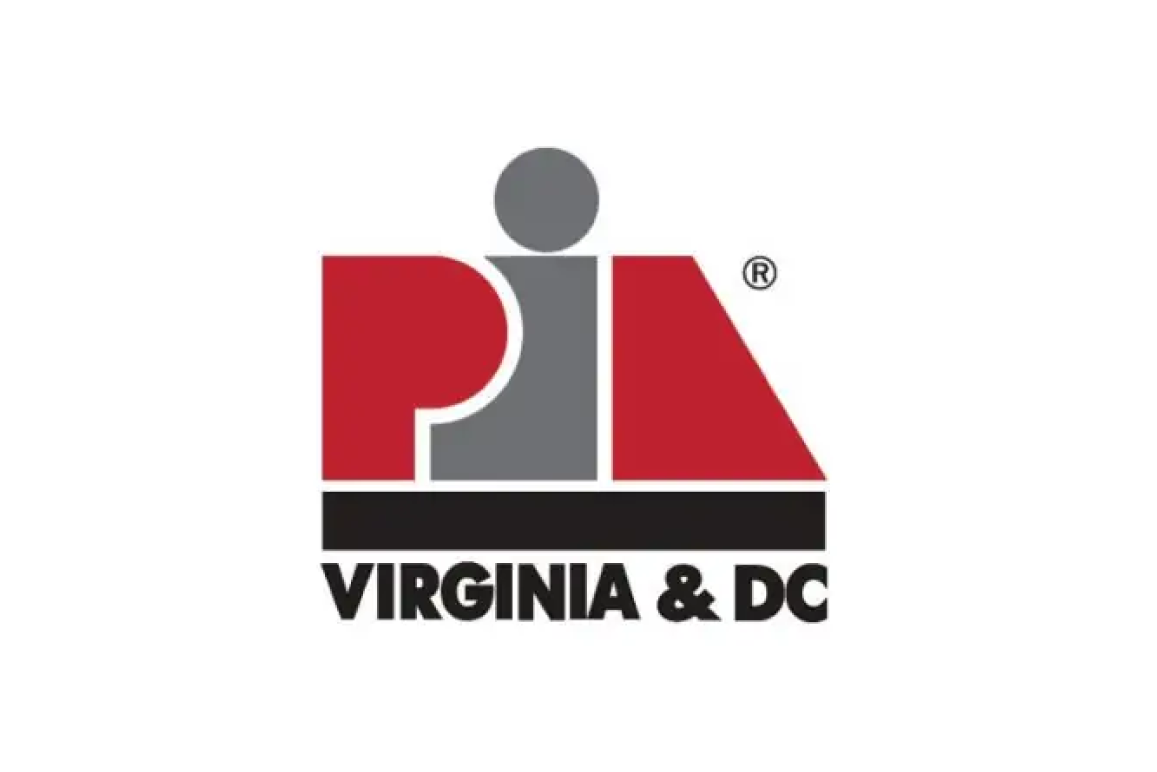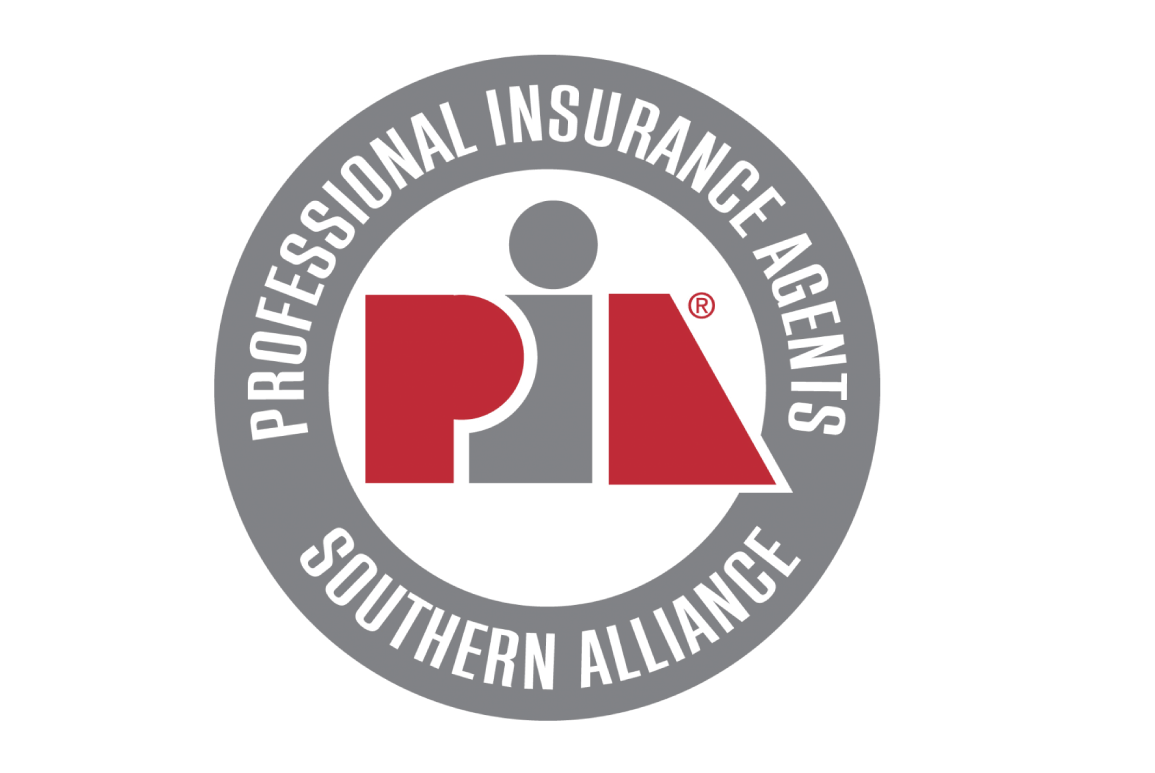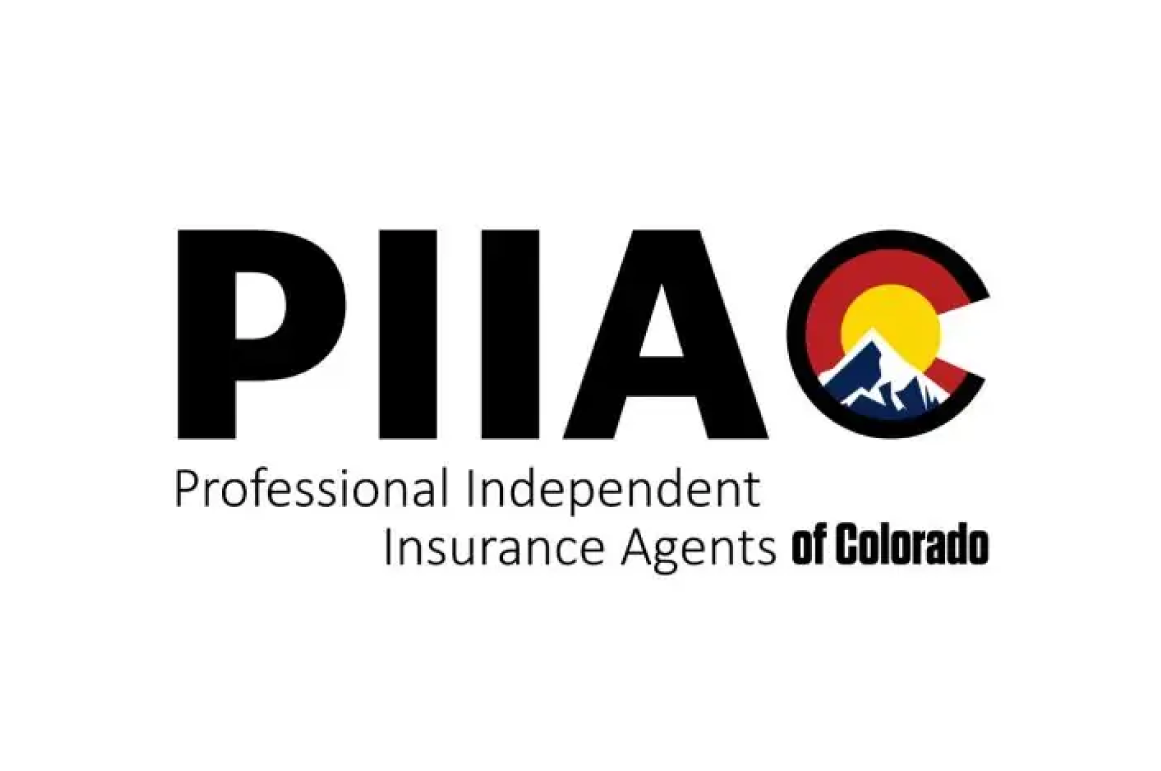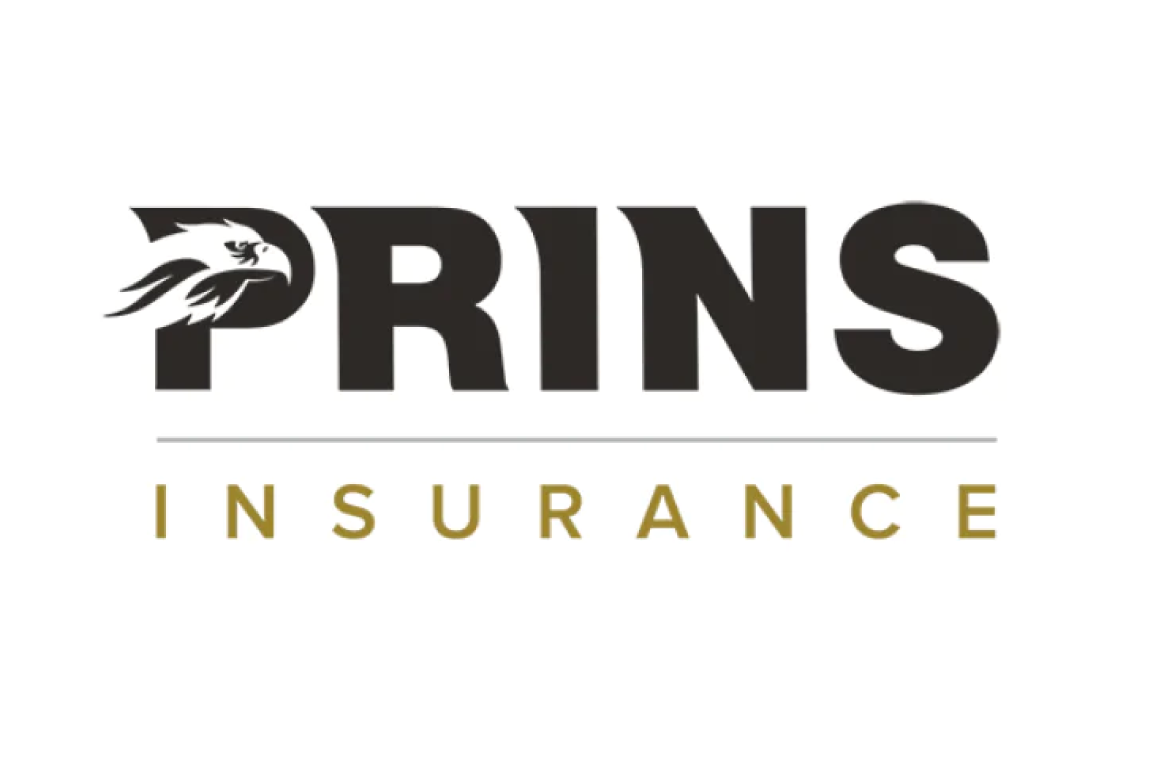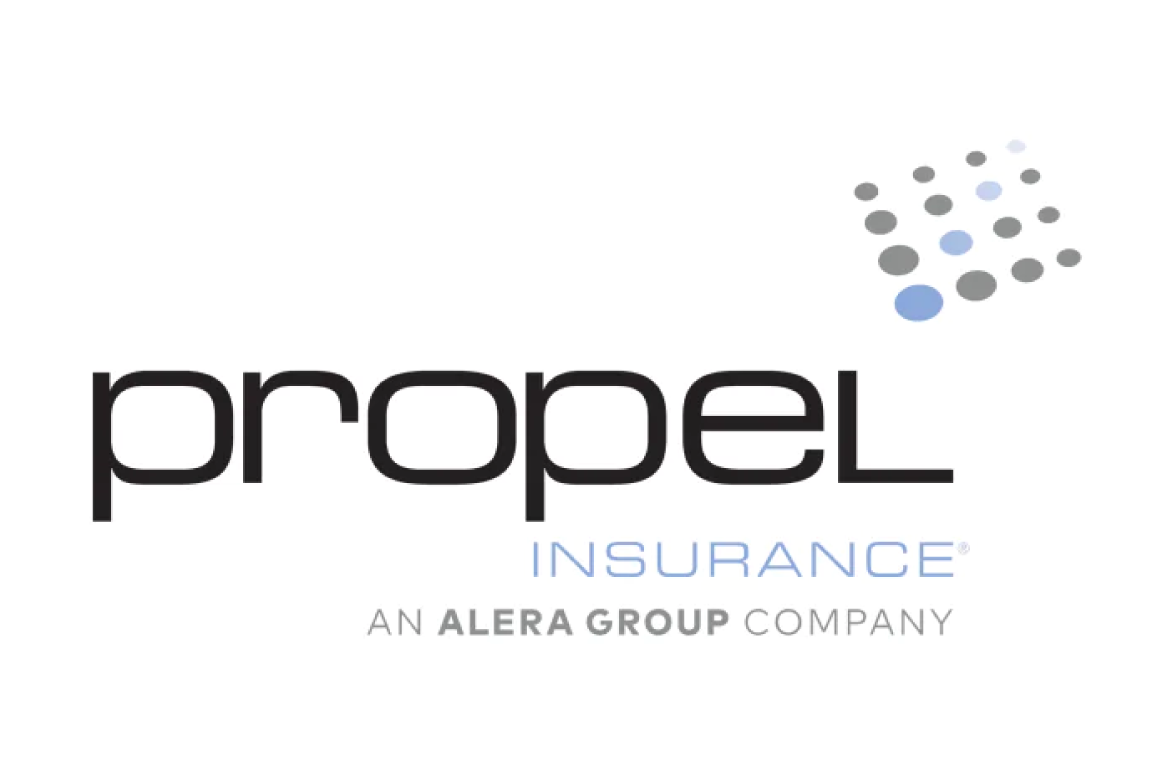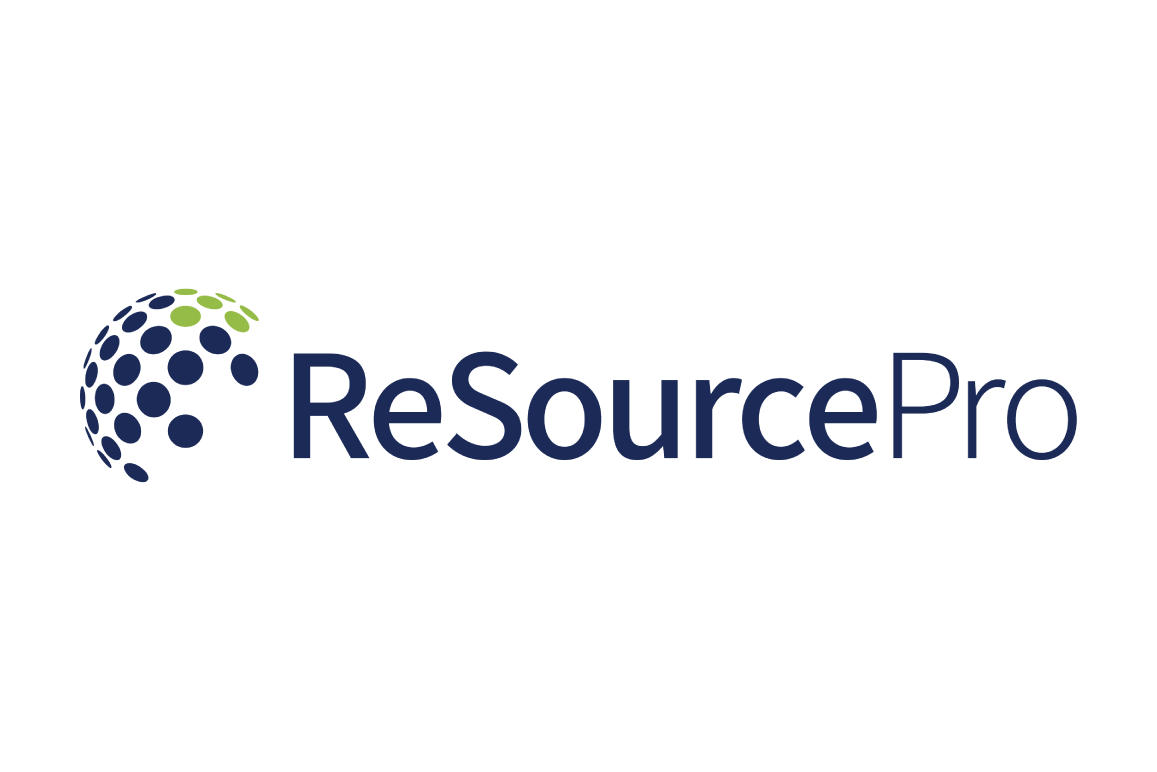Risk management involves crucial skills that are becoming increasingly important in today’s business world. Many companies face a variety of risks, including financial, operational, reputational, and strategic risks. To manage these risks effectively, they need strong risk management practices and a skilled risk manager.
In this post, we will explore the essential characteristics that every successful risk manager should have.

Risk Awareness – the ability to identify risks
Being able to identify the risks that that could adversely affect the organization’s goals and objectives is the first step in effective risk management. A risk that is not identified cannot be managed, reduced, or mitigated. A good risk manager should also be well informed about the broader economic, regulatory, and political environment, as these external factors can have a significant impact on the company’s operations and could create additional risks.

Risk Analysis – the ability to assess the impact that certain risks will have on the organization
A risk manager should be able to provide insights into the potential impact of each risk, the likelihood of it occurring, and mitigation strategies to manage or minimize the negative effects of those risks. The risk manager then prioritizes those risks based on potential impact and applies resources and control methods accordingly. The risk manager should also be able to communicate these risks effectively to stakeholders, senior management, board members, and employees.

Data Analytics – the ability to identify loss trends and forecast future losses
Risk management involves analyzing large amounts of loss data to identify loss trends and support budgeting efforts through analysis of the frequency and severity of losses. Based on historical data, future expected losses can be forecast.
A successful risk manager should understand statistical concepts such as the time value of money and be able to perform a cost/ benefit analysis to make decisions on investment in risk management initiatives and loss control programs.

Flexibility and Proactive Approach
The business world is continually changing and so are the risks that companies face. A successful risk manager should be flexible and proactive in responding to changing circumstances. Flexibility means being able to adjust to new situations and develop new approaches to managing new and emerging risks. It also requires the ability to think creatively, proactively implement new solutions and technologies, and adapt to new regulations or changing market conditions before they have a negative impact on the organization.

Communication Skills
Risk managers must promote an open exchange of information throughout the company. They should encourage all levels of the organization to cooperate and support the goals and objectives of the risk management department – which in turn supports the overall goals and objectives of the company. Risk managers should be open to feedback from others, including stakeholders, management, peers, and employees to identify areas for improvement, highlights successes, and ensures that risk management strategies remain effective.
Conclusion
A successful risk manager should possess risk awareness, risk analysis and data analytical skills, be flexible and proactive, and a strong communicator. The combination of these abilities enhances their role in the identification and management of risk through appropriate mitigation strategies that protect the company’s interests. Remember, effective risk management is vital for businesses of all sizes and can often mean the difference between success and failure. If you’re interested in becoming a risk manager or enhancing your risk management skills, consider risk management courses or pursuing the internationally recognized Certified Risk Manager designation offered by The National Alliance for Insurance Education & Research.
Best of luck on your journey toward becoming a successful risk manager!

